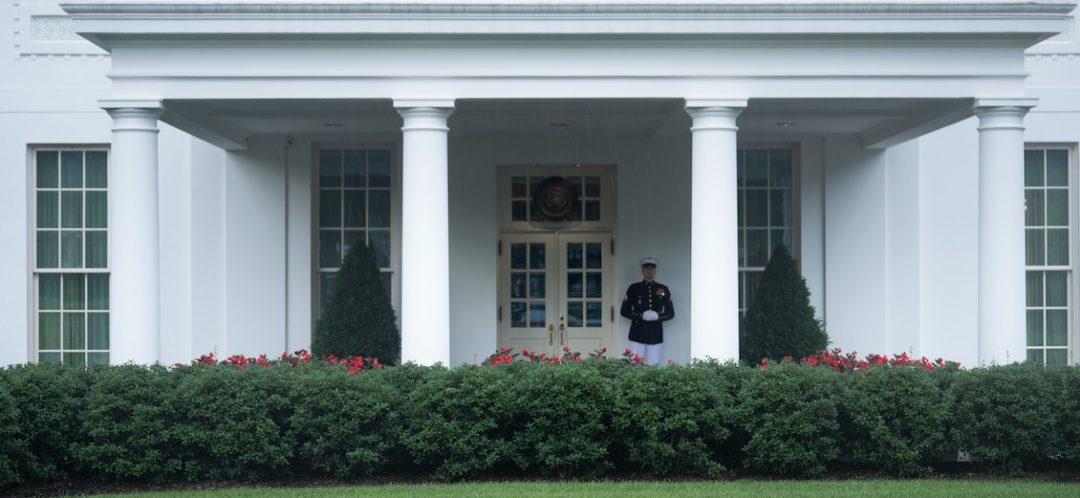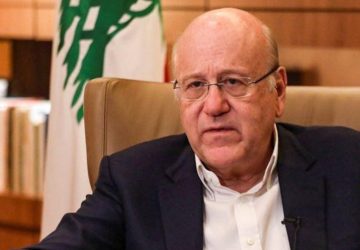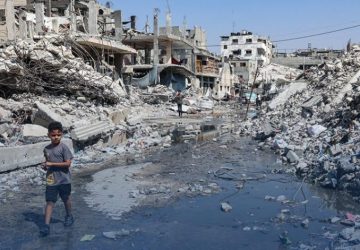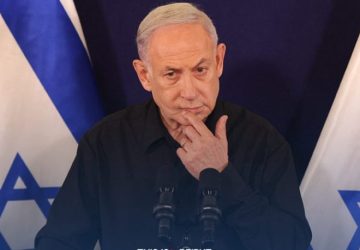A report published by Reuters revealed that Iran-backed Hezbollah has rebuffed Washington’s initial ideas for cooling tit-for-tat fighting with Israel, such as pulling its fighters further from the border, but remains open to US diplomacy to avoid a ruinous war.
Mediation
The report recalled that US envoy Amos Hochstein has been leading a diplomatic outreach to restore security at the Israel-Lebanon frontier as the wider region teeters dangerously towards a major escalation of the conflict ignited by the Gaza war, while attacks by Yemen’s Iran-aligned Houthis on shipping in the Red Sea, the US striking in response, and fighting elsewhere in the Middle East have added urgency to the efforts.
“Hezbollah is ready to listen,” a senior Lebanese official familiar with the group’s thinking said to Reuters, while emphasizing that the group saw the ideas presented by Hochstein on a visit to Beirut last week as “unrealistic.”
Despite the rejection and Hezbollah’s volleys of rockets in support of Gaza, the group’s openness to diplomatic contacts signals an aversion to a wider war, one of the Lebanese officials and a security source told Reuters. “Branded a terrorist organization by Washington, Hezbollah has not been directly involved in talks,” three Lebanese officials and a European diplomat said to Reuters. Instead, Hochstein’s ideas were passed on by Lebanese mediators, they said. Reuters consulted eleven Lebanese, US, Israeli, and European officials for this story.
Two Proposals… Refused
Reuters revealed the two proposals put forward to Hezbollah: One suggestion floated last week was that border hostilities be scaled back in tandem with Israel moving towards lower-intensity operations in Gaza, three Lebanese sources and a US official said. A proposal was also communicated to Hezbollah that its fighters move 7 km (4 miles) from the border, two of the three Lebanese officials told Reuters. That would leave fighters much closer than Israel’s public demand of a 30-kilometer (19-mile) withdrawal to the Litani River stipulated in a 2006 UN resolution.
Hezbollah has dismissed both ideas as “unrealistic,” the Lebanese officials and the diplomat said. The group has long ruled out giving up weapons or withdrawing fighters, many of whom hail from the border region and melt into society at times of peace.
Israel’s Prime Minister’s office declined to comment on “reports of diplomatic discussions” in response to questions from Reuters for this story. Spokespeople for Hezbollah and the Lebanese government did not immediately respond to detailed requests for comment. The White House declined to comment on Reuters’ reporting.
Hezbollah has, however, signaled that once the Gaza war is over, it could be open to Lebanon negotiating a mediated deal over disputed areas at the border, the three Lebanese officials said, a possibility alluded to by Hezbollah’s leader in a speech this month. “After the war in Gaza, we will be ready to support Lebanese negotiators to turn the threat into an opportunity,” one senior Hezbollah official told Reuters, speaking on the condition of anonymity. He did not address specific proposals.
Tehran – Hezbollah
Sources familiar with Hezbollah’s thinking have told Reuters that the party knows that an all-out war would be ruinous for Lebanon, a country already destabilized by years of financial and political crises, and where Hezbollah’s vast arsenal has long been a point of contention. Experts say the cache includes more than 100,000 rockets.
Even as Iran-aligned fighters draw US fire elsewhere in the region and Iran launches strikes in Syria and Iraq, Tehran would be loathe to see Hezbollah and Lebanon subjected to massive destruction, not least because it has previously had to foot the bill of reconstruction, as Mohanad Hage Ali, deputy director of the Carnegie Middle East Center, a think tank based in Beirut, told Reuters. Hage Ali said Hezbollah clearly wanted to avoid a full-scale conflict and did not want to be left in a situation where Israeli strikes continue or intensify in Lebanon after the Gaza war ends or is significantly scaled.
“Direct Messages”
Reuters recalled that Hezbollah leader Hassan Nasrallah said the group had heard “threats and inducements.” But he has also alluded to diplomatic possibilities, saying in a speech on January 5th that once the Gaza war was over, Lebanon had “a historic opportunity” to liberate land. Those comments, according to Reuters, were widely interpreted as reflecting the possibility of a negotiated deal settling the status of disputed border areas.
Four Lebanese officials briefed on the matter said that Hochstein has discussed ideas aimed at advancing such a deal, but he has not presented any draft proposals. The officials did not provide details of the ideas, while an Israeli official told Reuters that Israel’s government has “relayed lots of demands,” without giving further details. “One way or another, our 80,000 northern residents will be returning home,” the official said. France has also been involved in de-escalation efforts. A source familiar with French thinking said to Reuters that Nasrallah’s public comments alluding to a possible border deal were “direct messages to the Americans and to the French.”
“He’s telling us, ‘the door is open.'”





